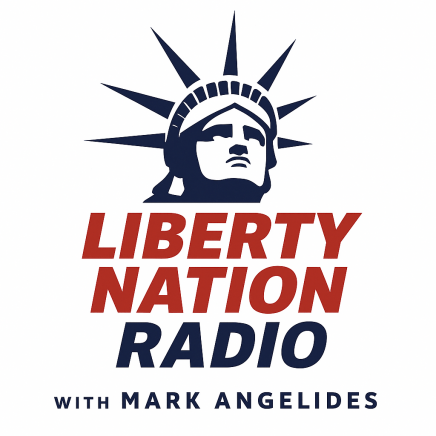Oct. 1, 2019, will be more than a footnote in the history of marijuana in the United States. It marks the day the first marijuana bar opens in the country. A world-famous part of Amsterdam and available closer to home throughout Canada, these cafés offer on-site consumption of marijuana, something heretofore unavailable in the United States. While still illegal under federal law, Lowell Café will operate legally under state and local laws and ordinances.
Bar Revolution
The sale of intoxicating beverages for on-site consumption is an everyday occurrence. While those who enjoy a drink may do so at innumerable places, the same is not true for those who consume marijuana by smoking or vaping. Until now, there has never been a place where people can go to buy and smoke marijuana, as they can with alcohol. Considering that we spend more than a hundred billion on alcohol in bars and restaurants, on-site pot smoking could be a very big thing.
“For over a century we’ve been forced to hide cannabis consumption out of public view, but that time is now over.” – Lowell Café
It was only 2012 when the first states (Washington and Colorado) enacted laws allowing the sale of marijuana. While these and other states that would legalize non-prescription sales of pot often did so under a treat-marijuana-as-alcohol rubric, that functioned only with respect to takeaway retail sales, as a liquor store, not as a bar. There are now 11 states that allow recreational sales, but only one that permits on-site consumption.
State of the Law

Lowell Cafe
California is the state and West Hollywood is the municipality where Lowell Café has been licensed to do business. While it will operate in violation of federal law, as every business that buys, sells, grows, or transfers pot does, it is AOK, according to state and local law. All possession of marijuana, even a single joint or a retail storehouse, is illegal under federal law as a Schedule 1 drug – it’s just not prosecuted.
After indications the notoriously anti-marijuana then-Attorney General Jeff Sessions would start to federally prosecute offenses, the Trump administration was forced to back down. It folded in the face of pressure from members of Congress from states where cannabis is legal to continue the previous administration’s use of the Cole Memorandum to guide prosecutions. That directive tells US Attorneys, who authorize federal criminal charges, not to initiate prosecutions in cases where state and local laws had been obeyed.
SAFE Banking & What’s Next
On Wednesday, Sept. 25, the House of Representatives voted 321-103 to pass the SAFE Banking Act. A big win, and a bipartisan one at that, for the bill that allows marijuana-based business the ability to use banks as other businesses do. Current federal laws make it impossible for marijuana-based businesses to do normal business activities because of the potential for liability should prosecution priorities change.
Marijuana-based businesses are frustrated throughout the federal system, and unless a more holistic approach is employed it’s hard to see how these businesses will be able to operate normally. Consider this example from the tax code provided by Sean Williams at The Motley Fool investment site:
“For example, profitable marijuana businesses in the US are subjected to US tax code 280E, which was implemented back in the early 1980s as a response to drug smugglers trying to write off their illicit business expenses. This tax code disallows virtually any normal business deduction, save for cost of goods sold. This results in profitable weed companies paying an effective tax rate of 70% or higher.”
“Lowell Café – America’s first cannabis café serving farm fresh food, coffee, juice and cannabis daily” opens Oct. 1. The SAFE Banking Act has been referred to the Senate, where it has less support than in the House, and its fate is very much undecided.
~
Read more from Scott D. Cosenza or comment on this article.






